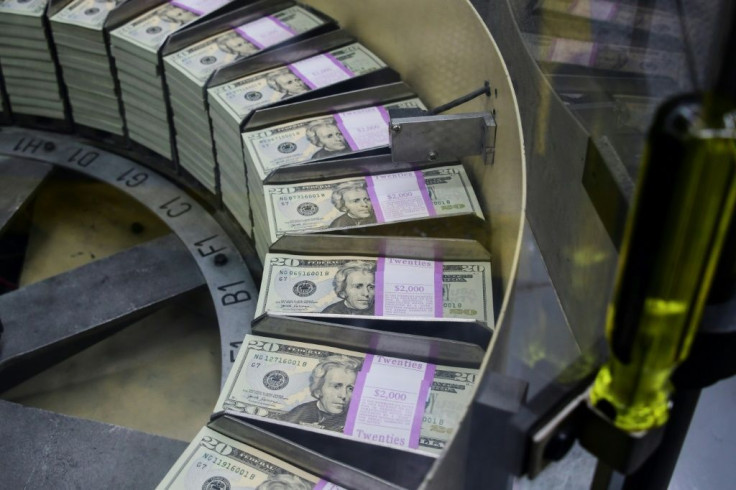Second Stimulus Check Update: Economists Think People Will 'Just Save' $1,200 Checks
KEY POINTS
- The bipartisan $908B relief package will not include $1,200 checks
- Some economists believe Americans would likely "just save" the checks
- More targeted relief programs would help Americans in need, some say
Some economists believe leaving out another round of stimulus checks from a potential package is a “sensible compromise,” as Americans would “just save” the money.
Washington bipartisan lawmakers are nearing a breakthrough on a proposed coronavirus relief package that would not include provisions for more $1,200 personal checks for Americans.
The proposed $908 billion aid package includes a revival of the $300 federal unemployment benefits and a moratorium on student loans and evictions. However, cash payments were removed as part of the compromise, the Chicago Tribune reported.
Vermont Sen. Bernie Sanders on Friday threatened to oppose the bipartisan legislation, arguing that it is “not acceptable” to leave out $1,200 payments to millions of Americans.
“Tens of millions of people face eviction and when hunger in America is exploding, it is unacceptable that the Manchin-Romney proposal does not even do what the CARES Act did and provide, at the very least, a $1,200 direct payment to working-class Americans and $500 for their kids,” Sanders wrote in a statement. “Tens of millions of Americans living in desperation today would receive absolutely no financial help from this proposal. That is not acceptable.”
However, some economists warn that rejecting the bipartisan relief package over a lack of broad stimulus checks would not be wise.
Bruce Meyer, an economist at the University of Chicago, said more targeted programs, such as unemployment benefits, could help people in need.
“Don't vote against it. A lot of people need these benefits. Leaving out stimulus checks is a sensible compromise,” Meyer told CNN. “Those who had their hours cut or lost their jobs are the ones hurting, not the ones who still have their jobs.”
Gus Faucher, chief economist of the PNC Financial Services Group, worries that more personal checks would not be stimulative as many Americans would likely “just save” the money.
J.P. Morgan Funds Chief Global Strategist David Kelly echoed Faucher’s remarks, saying the U.S. economy would probably not benefit from another round of $1,200 stimulus checks.
The $908 billion compromise package has earned support from bipartisan lawmakers. Sen. Bill Cassidy of Louisiana said he was optimistic that the bill would likely come out this week and pass the Senate.
“There may be a stimulus check, but that would be part of a different piece of legislation,” he said. “The pain of the American people is driving this, and I’m optimistic that both of those leaders will come on board.”

© Copyright IBTimes 2024. All rights reserved.






















